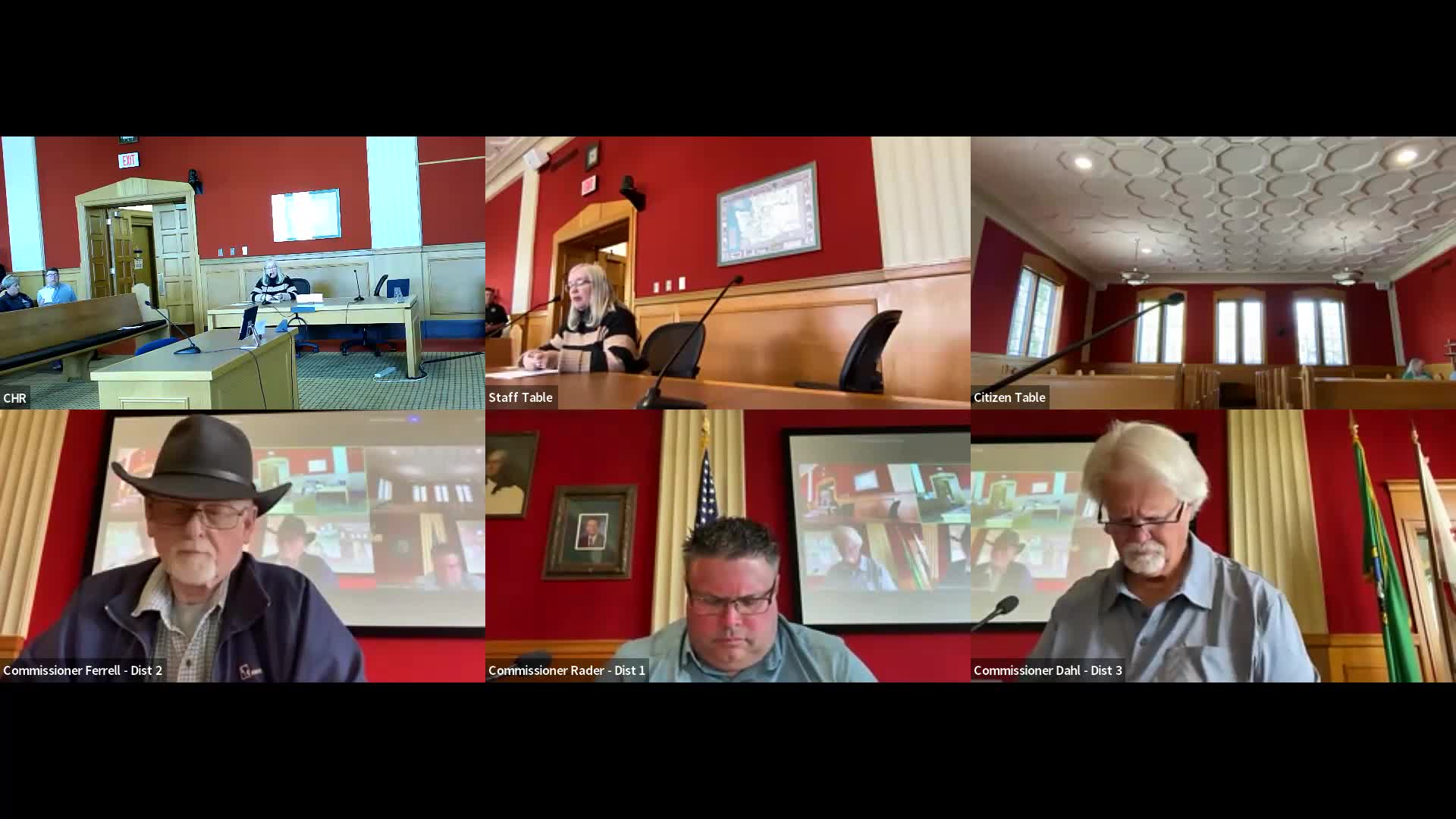Article not found
This article is no longer available. But don't worry—we've gathered other articles that discuss the same topic.
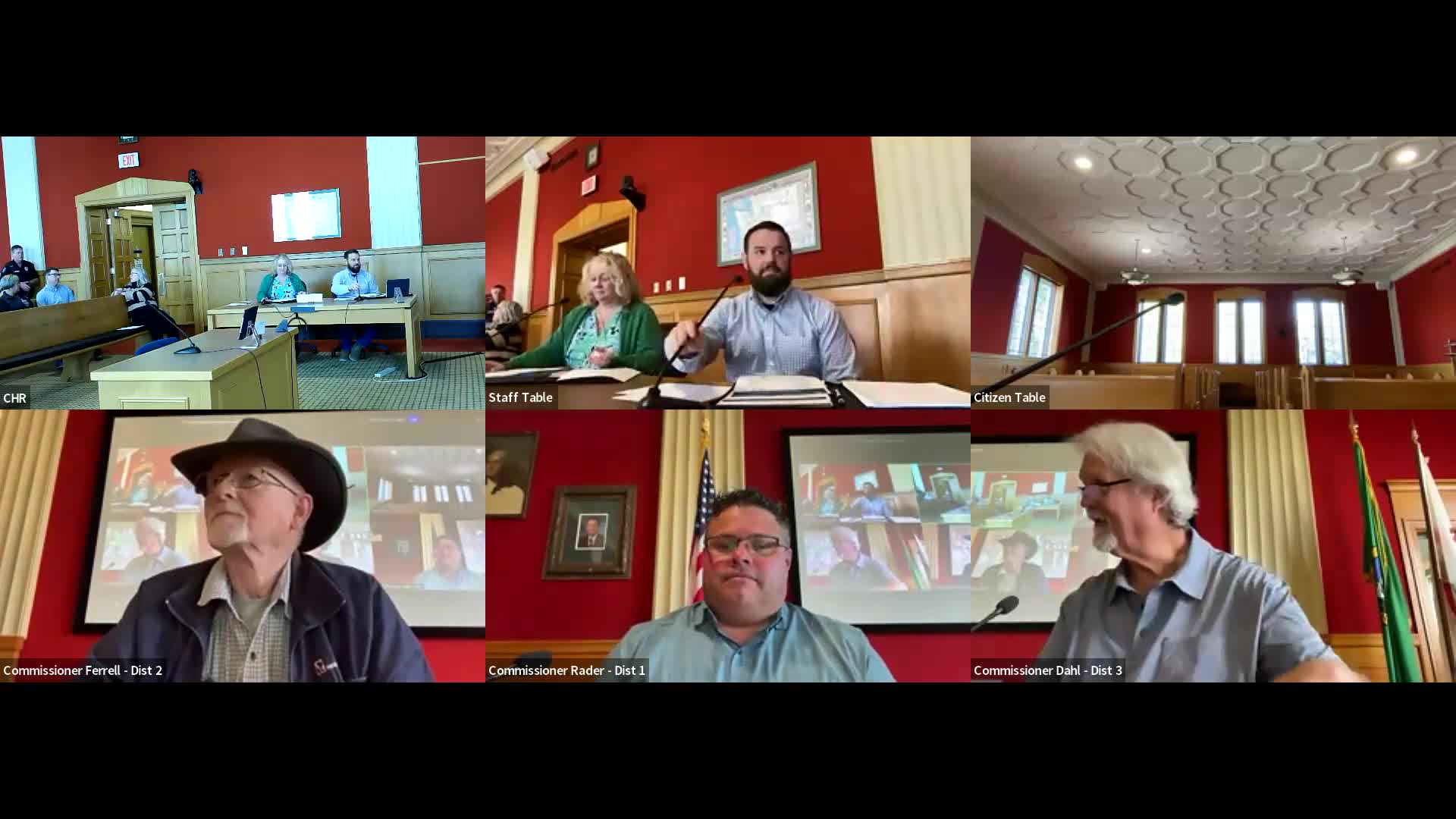
Public Works seeks more road‑material bidders, lists surplus units for auction and advances Primrose Road chip‑seal project
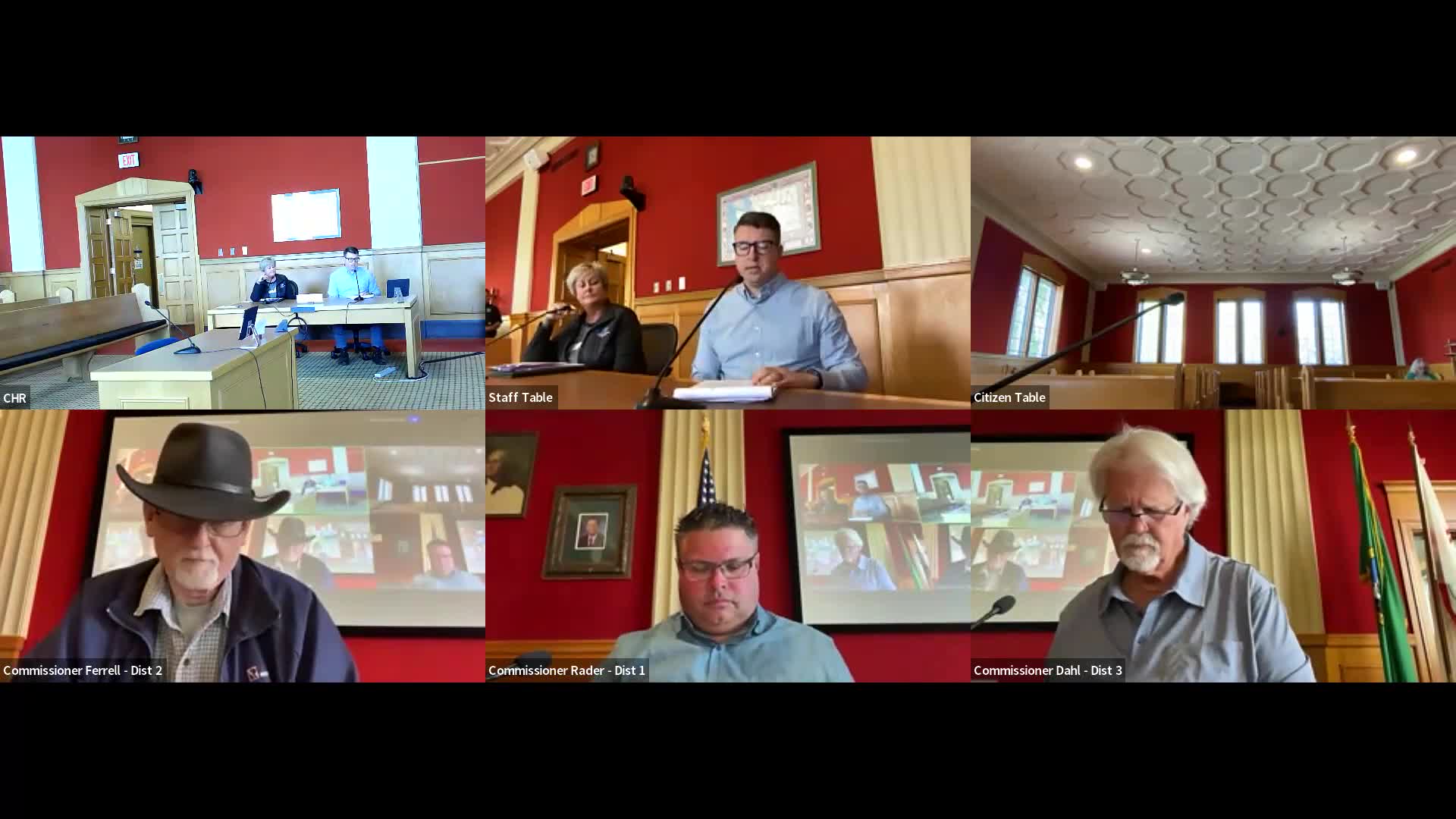
Planning staff recommend approval of 20‑lot ‘cottage housing’ subdivision near Castle Rock; commission split on unit-size waiver
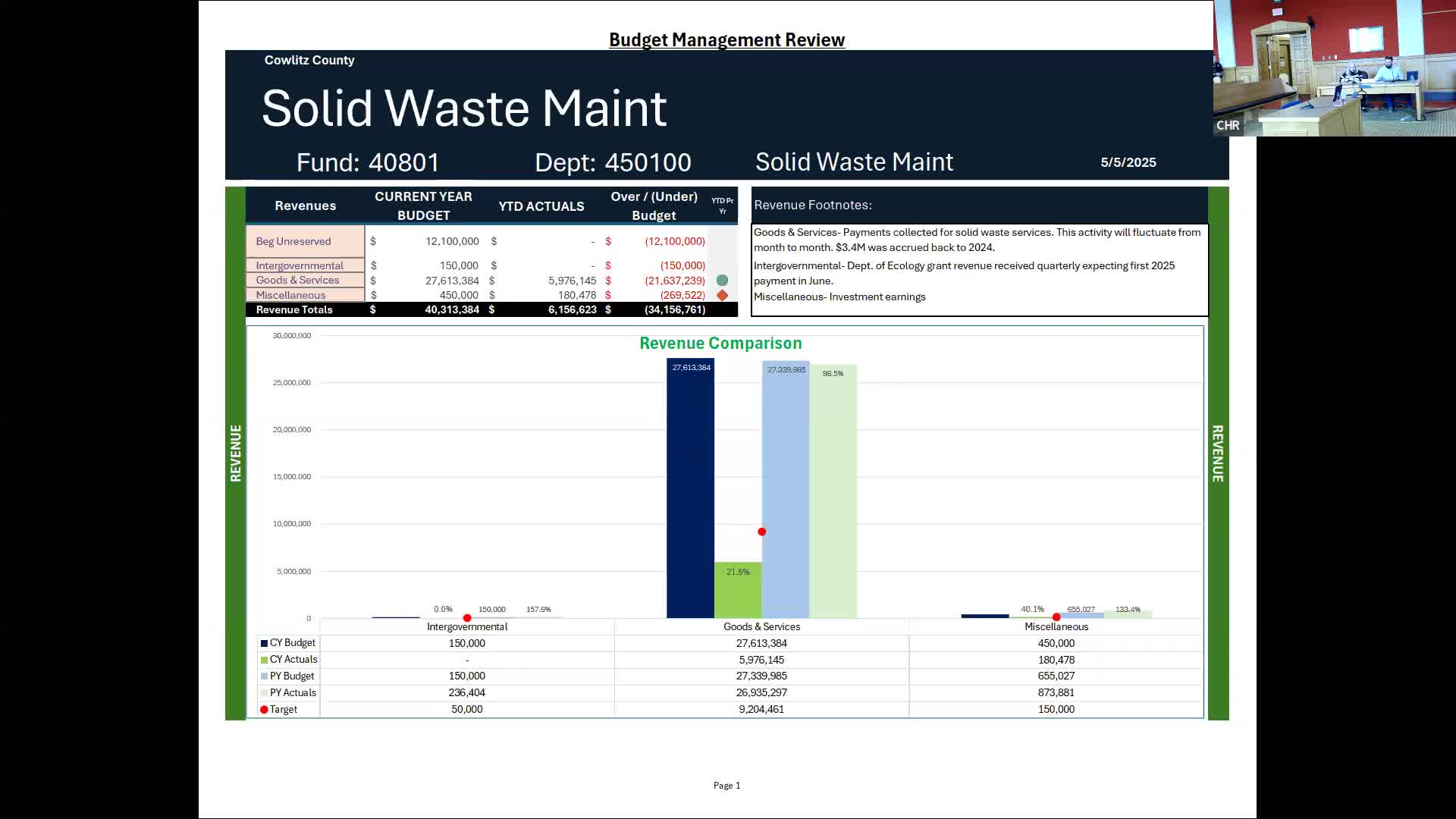
County outlines landfill post-closure funds, plans for vertical wells and Cell 10
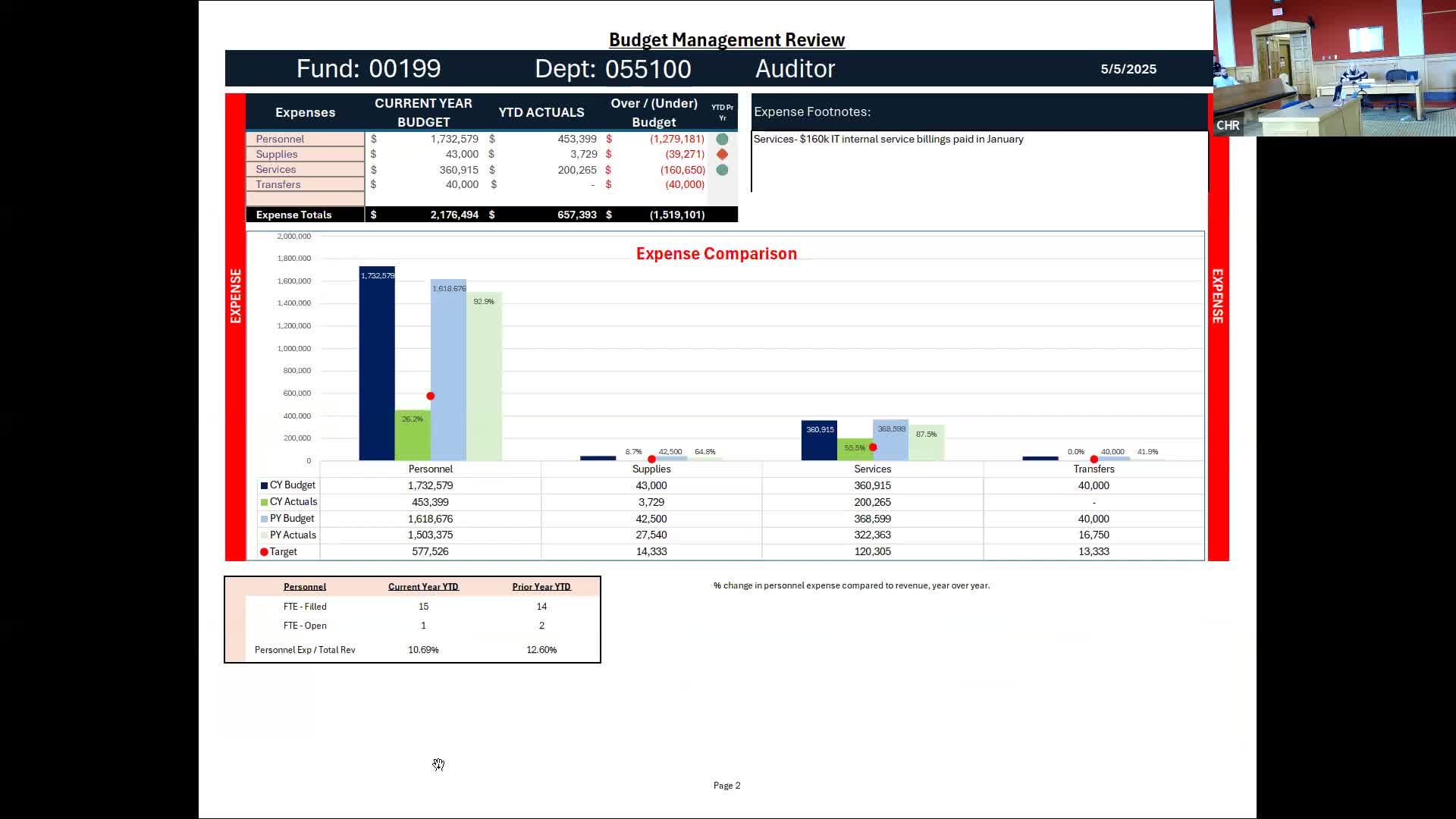
County finance director: auditor's office revenues tracking but timing lags complicate year-to-date picture
